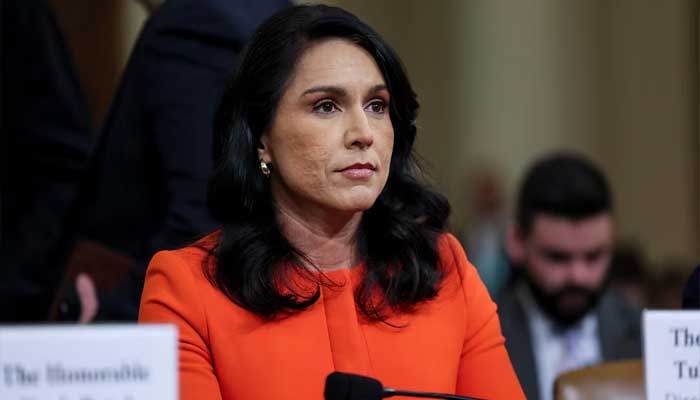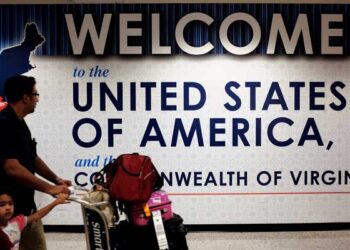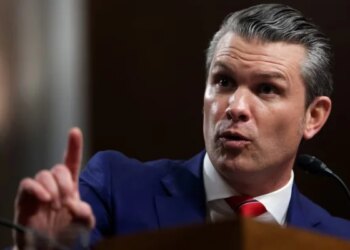Select Language:
Tulsi Gabbard, Director of National Intelligence, announced plans to significantly downsize her office, claiming it has become inefficient and plagued by abuses of power. She intends to cut the Office of the Director of National Intelligence (ODNI) by over 40% by the end of the 2025 fiscal year, which is projected to save around $700 million. Gabbard criticized the ODNI for being bloated and inefficient over the past two decades, alleging widespread misconduct, unauthorized leaks of classified information, and politicization within the intelligence community.
She emphasized that her efforts are focused on reducing unnecessary bureaucracy, identifying deep state actors, and refocusing on core missions. Her department released a four-page dossier detailing a new plan called “ODNI 2.0,” which involves scaling back efforts in areas such as biosecurity, WMD proliferation, cyber threats, and other key intelligence areas.
Part of the downsizing involved shutting down or trimming the Strategic Futures Group, which provides intelligence forecasts. Gabbard’s team accused the group of violating professional standards and pushing a political agenda conflicting with current national security priorities. Additional cuts targeted the Foreign Malign Influence Center, citing it as a tool previously exploited to justify speech suppression and political censorship.
Since stepping into her role, Gabbard claims the ODNI has already been reduced by nearly 30%, eliminating over 500 staff positions. She previously criticized former President Barack Obama for allegedly leading a “treasonous conspiracy” related to Russia’s interference in elections to aid Trump.
However, her findings conflict with at least four criminal and counterintelligence investigations conducted between 2019 and 2023, which confirmed Russian interference and support for Trump. Critics associate her with close ties to Vladimir Putin and Bashar al-Assad, accusations that continue to follow her.
Beyond staffing cuts, Gabbard reportedly revoked the security clearances of 37 current and former officials, many of whom specialized in Russian and foreign threat analysis related to U.S. elections, all under presidential directive. Since Trump took office, efforts have been made repeatedly to reduce the size of the federal government, including cuts to foreign aid, the Department of Education—subject to Supreme Court approval—and other agencies.







